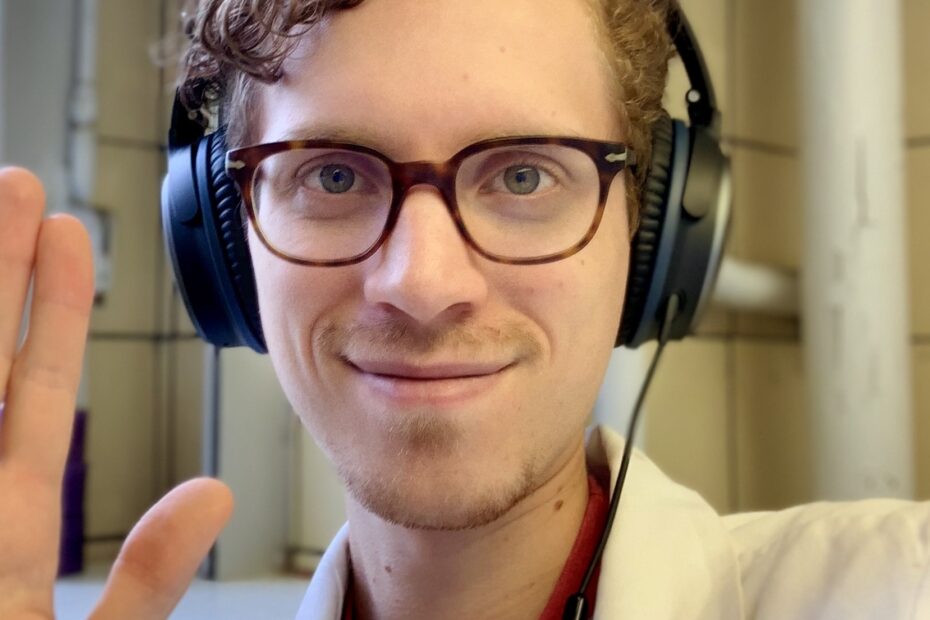During my Master’s, in search of a thesis subject, the subject entitled ‘Plants in space’ immediately stood out from all the rest. Being able to combine my interests in nature and space was a dream come true. The project involved work contributing to the European Space Agency (ESA) Micro-Ecological Life Support System Alternative (MELiSSA) project.
I investigated the effect of plant-growth promoting organisms on potato plant stress resistance and yield in a hydroponics system. After obtaining a MSc in Bioscience Engineering – Agricultural Sciences, I started my PhD at the In Vitro Biology and Horticulture laboratory.
Research
My PhD aims to improve crop quality in (vertical) hydroponics through transplantation of soil rhizosphere microbial communities and optimization of the substrate. The quality and taste of fruit and vegetables is to a large extent determined by the soil in which they are grown. This is due, in part, to the soil type, but also soil life. Although there is a connection between a rich soil life and crop quality, it has not yet been introduced as a concept in hydroponics.
The project is a close partnership between Ghent University, Urban Crop Solutions, and Agaris. Urban Crop Solutions develops vertical farming technology for fruit and vegetable production using the most advanced components available to provide turnkey vertical farming system solutions. Agaris, one of the top 3 substrate manufacturers in Europe, has a strong expertise and reputation with regard to developing innovative substrates tailored to its customers.
I am also involved in a second activity called the ‘Moving Plants’ project. I monitor and research the circadian rhythms of leaf movements and stem diameter variations. This is a fun project that has great potential to unravel the behavior of plants when grown under fully controlled environmental conditions such as those that will be implemented in a life support system during space missions.

